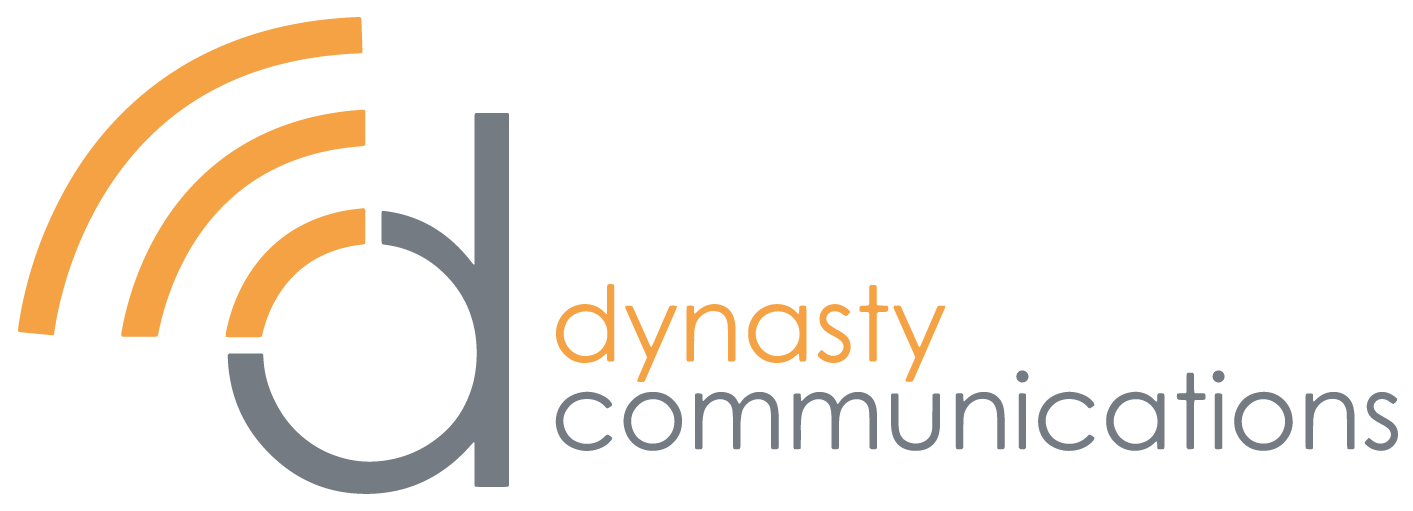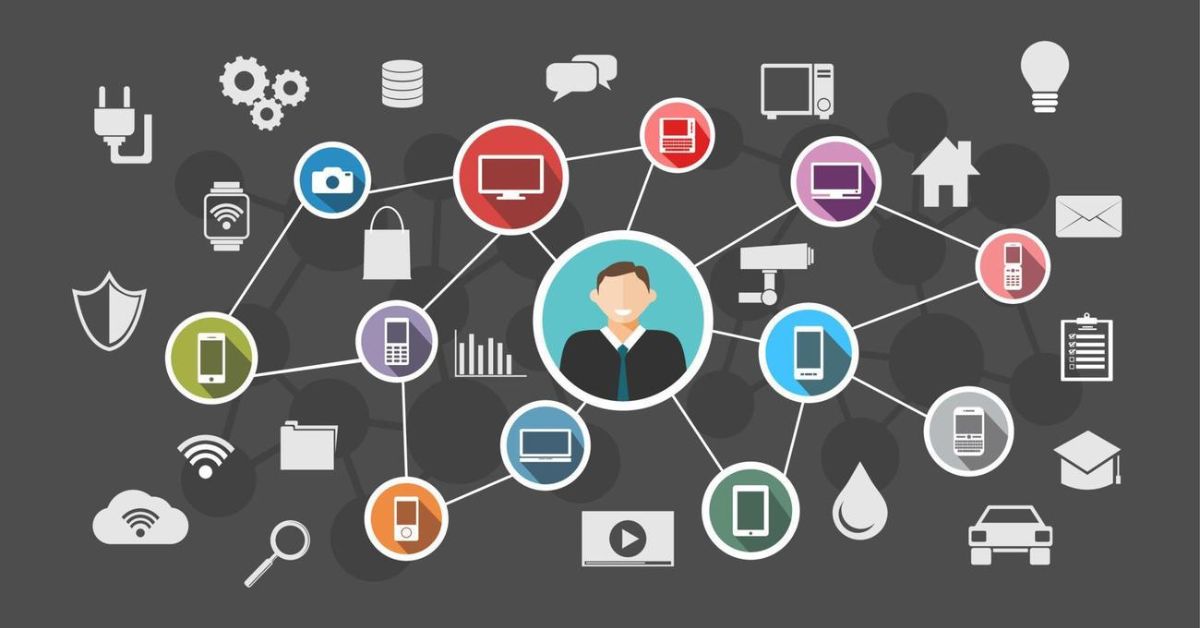In today’s time, the internet has become an essential part of our daily lives. We depend on the internet to remain in touch and complete tasks, whether they are related to job, leisure, or communication. Indeed, not all internet connections have an equal level of quality, and so the choice of a specific type of connection turns out to be crucial in terms of the matter of speed, reliability, and costs.
Moreover, if you’re looking for reliable North Carolina internet providers, consider exploring the diverse options available to ensure you find the best service for your needs. In this write-up, we will go over the varying sorts of an approach to get a handle on to identify which type of internet connection will be best for your requirements.Â
15 Different Types of Internet Services
There are various types of Internet services that cater to different needs and preferences. Here are some of the common types:
Broadband Internet:
DSL (Digital Subscriber Line):
- Use current phone lines to send digital information.
- Offers higher speeds than traditional dial-up connections.
- Connection speed may vary based on distance from the provider’s central office.
Cable Internet:
- People choose the different types of internet services because they rely on cable television infrastructure.
- Typically provides faster speeds compared to DSL.
- Users in a neighborhood share bandwidth, which could cause delays during periods of high demand.
Fiber-optic Internet:
- Uses fiber-optic cables, which are minuscule glass or plastic strands, to send light signals that carry data.
- Offers incredibly high speeds and lower latency compared to DSL and cable.
- Geographically limited as fiber-optic infrastructure is still expanding.
Wireless Internet:
Wi-Fi:
- Wireless technology is a form of internet connectivity that allows devices within the range of a Wi-Fi router to connect to the internet without the need for physical cables.
- This kind of internet enables devices that are within a Wi-Fi router’s range to connect to the internet.
- Commonly used in homes, businesses, and public places.
Mobile Broadband:
- Utilizes cellular networks (3G, 4G, or 5G) for internet connectivity on mobile devices.
- Ideal for smartphones, tablets, and mobile hotspots.
- Speed and coverage depend on the cellular network.
Satellite Internet:
- Connects to the internet via satellite signals.
- Ideal for isolated or rural locations where alternative internet options might not be available.
- Can have higher latency and limited data allowances
Dial-up Internet:
- Dial-up Internet is an antiquated method of accessing the Internet that relies on a standard telephone line and a modem for connectivity.
- One notable characteristic of dial-up Internet is its relatively slow speed compared to more modern broadband options. Dial-up connections typically operate at speeds of 56 kilobits per second (Kbps) or lower.
DSL (Digital Subscriber Line):
- The internet types provide high-speed internet over traditional telephone lines.
- Offers faster speeds than dial-up, especially in areas where cable internet is not available.
- Speed may vary based on the distance from the telephone exchange.
Cable Internet:
- Cable internet utilizes the same coaxial cable infrastructure that is commonly associated with cable television services.
- Cable internet typically provides faster connection speeds compared to Digital Subscriber Line (DSL) services. This is attributed to the higher data transmission capacity of coaxial cables.
- One characteristic of cable internet is that it operates on a shared bandwidth model within a neighborhood or local area.
Fiber-optic Internet:
- Fiber-optic Internet is a high-speed broadband connection that utilizes optical fibers made of glass or plastic to transmit data at the speed of light.
- The key advantage of fiber-optic Internet is its speed. The transmission of data at the speed of light allows for extremely fast and efficient communication.
- Compared to conventional copper-based connections, fiber-optic Internet is less prone to interference and signal deterioration in terms of dependability.
Satellite Internet:
- You can avail of different types of internet services because they connect to the internet through satellite signals.
- Suitable for areas with no other internet infrastructure.
- Weather conditions may have an impact on it, and latency might be higher than with other options.
Wi-Fi:
- Within the range of a Wi-Fi router, devices can connect wirelessly to the internet or local area network (LAN) thanks to a technology known as Wi-Fi, short for Wireless Fidelity.
- This wireless networking technology has become ubiquitous in both residential and business settings due to its convenience and flexibility.
Mobile Broadband:
- When it comes to different types of internets, it uses cellular networks to provide internet access on mobile devices.
- Enables internet connectivity for smartphones, tablets, and other portable devices.
- Speed and coverage depend on the cellular network infrastructure.
WiMAX (Worldwide Interoperability for Microwave Access):
- A wireless communication standard providing high-speed internet access over a wide area.
- As we are talking about different types of internets, it offers broadband-like speeds wirelessly, suitable for both urban and rural environments.
Tethering:
- Sharing a mobile device’s internet connection with other devices.
- Can be done via USB, Bluetooth, or Wi-Fi hotspot functionality on the mobile device.
ISDN (Integrated Services Digital Network):
- An older digital communication standard provides faster internet speeds than dial-up.
- Offers simultaneous voice and data transmission over a digital line.
- You can explore various internet circuits that can help businesses identify the most suitable connectivity solution to meet their specific needs and requirements.
Ethernet:
- A wired networking technology commonly used for local area networks (LANs).
- People prefer the internet types because it provides a reliable and fast connection for devices within a confined physical space.
Leased Lines:
- Dedicated, point-to-point data connections are used by businesses.
- Ensures high-speed and reliable internet access, commonly used for critical operations.
Dark Fiber:
- Unused or underutilized optical fiber infrastructure that can be leased for private use.
- Allows businesses to have control over their network and bandwidth.
Last but Not Least
Selecting the right internet connection is a decision influenced by usage patterns, location, and budget considerations. This guide aims to demystify the options, making the decision-making process more accessible. Whether you’re a casual user, a dedicated gamer, or someone in need of constant connectivity on the go, there’s an internet connection tailored to your requirements.
On the other hand, understanding the distinction between the web vs internet is crucial for anyone navigating the digital landscape, as it clarifies the relationship between the worldwide web and the broader network infrastructure.
By understanding the options available to you and the benefits and drawbacks of each, you can use the internet with ease and make an informed choice. Stay connected and explore the boundless possibilities the internet has to offer!
FAQ’s
What are two types of wired high-speed internet connections?
Both cable and DSL Internet technologies deploy cables physically to ensure a connection of the Internet indoors to a particular house or even a small sized business. While a dial-up technology still offers wired connection, it does not offer high speed Internet.
Which of the following internet technologies provides the fastest speeds?
The most popular type of internet service that is available today by traditional home and business clients is fiber internet whether from ISPs like Via Capita. Fiber-based internet or fiber internet uses Fiber optic cables to transfer data from one place to another through pulses of light.
What is home internet?
A platform that comprises a faster communications system, which is interlinked between computer-based systems located within the home with an ISP. The connection used to have broadband at home can be cable, DSL, satellite, and fixed wire.

